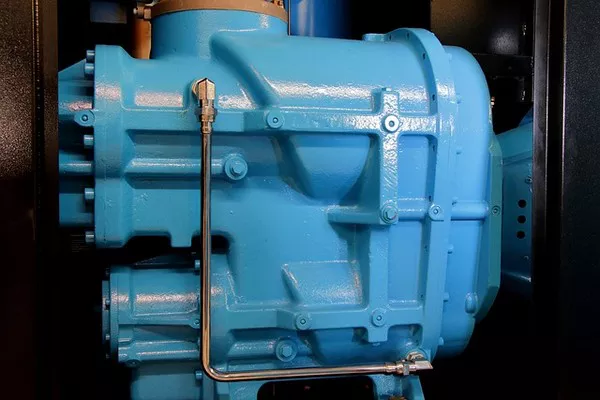An air compressor is a versatile and indispensable tool for various industries and DIY enthusiasts alike. Whether you’re powering pneumatic tools, inflating tires, or conducting painting projects, selecting the right air compressor is crucial for optimal performance and efficiency. In this guide, we will delve into the key factors to consider when choosing an air compressor, ensuring that you make an informed decision tailored to your specific needs.
Determine Your Requirements:
Before diving into the myriad of air compressor options available, it’s essential to assess your specific needs. Consider the type of tasks you’ll be performing, the frequency of use, and the tools or applications that will be powered by the compressor. Different tasks may require different levels of air pressure and volume, so having a clear understanding of your requirements will guide your decision-making process.
Types of Air Compressors:
There are three main types of air compressors: reciprocating, rotary screw, and centrifugal. Each type has its advantages and disadvantages, catering to different applications.
Reciprocating Compressors: Ideal for intermittent use, reciprocating compressors are cost-effective and suitable for smaller-scale operations. They are available in both single and two-stage configurations, with two-stage compressors providing higher pressure levels.
Rotary Screw Compressors: These compressors are designed for continuous use, making them suitable for industrial applications. They are known for their efficiency and reliability, providing a steady flow of compressed air.
Centrifugal Compressors: Often used in large industrial settings, centrifugal compressors are known for their high capacity and are capable of handling large volumes of air. They are more complex and expensive, typically reserved for heavy-duty applications.
Understanding the pros and cons of each type will help you choose the one that aligns with your usage requirements.
CFM (Cubic Feet per Minute) and PSI (Pounds per Square Inch):
One of the most critical considerations when selecting an air compressor is understanding the required CFM and PSI for your tools or applications. CFM indicates the volume of air the compressor can deliver, while PSI measures the pressure generated. Ensure that the compressor’s output meets or exceeds the requirements of the tools you plan to use. It’s crucial to factor in any potential future tool additions to ensure your compressor can handle expanding needs.
Tank Size:
The size of the air compressor tank directly impacts its performance and efficiency. A larger tank can store more compressed air, reducing the need for the motor to engage frequently, leading to better energy efficiency. However, larger tanks also mean increased weight and bulk, so it’s essential to strike a balance based on your usage requirements. For intermittent use, a smaller tank may suffice, while continuous or heavy-duty applications may benefit from a larger tank.
Power Source:
Air compressors are available in electric, gasoline, or diesel-powered options. The choice of power source depends on your specific needs and the availability of a power supply.
Electric Compressors: Ideal for indoor use, electric compressors are generally more convenient, cleaner, and quieter. They are suitable for applications where a reliable power source is accessible.
Gasoline/Diesel Compressors: These compressors are more portable and suitable for outdoor use where electricity may not be readily available. They are commonly used in construction sites and remote locations.
Consider the convenience, availability, and cost of the power source when making your decision.
Portability and Mobility:
If your tasks require moving the compressor from one location to another, consider its weight, size, and the presence of handles or wheels. Portable compressors are designed for easy transportation, ensuring flexibility and convenience, especially for on-site projects.
Noise Level:
The noise generated by an air compressor can vary significantly. For indoor applications or residential use, it’s crucial to choose a compressor with a lower decibel rating to minimize noise disruptions. If noise is a significant concern, look for compressors designed with noise reduction features or housed in soundproof enclosures.
Maintenance Requirements:
Regular maintenance is essential for the longevity and optimal performance of your air compressor. Consider the ease of access to key components, the availability of user-friendly controls, and the manufacturer’s recommendations for maintenance intervals. A compressor with simple maintenance requirements can save you time and money in the long run.
Conclusion:
Choosing the right air compressor involves a thoughtful analysis of your specific needs, the type of applications you’ll be handling, and the technical specifications required for efficient operation. By considering factors such as CFM, PSI, tank size, power source, portability, noise level, and maintenance requirements, you can make an informed decision that aligns with your goals and ensures the longevity and reliability of your air compressor. Remember that investing time in research and understanding your requirements will pay off in the long run, providing you with a tool that meets your expectations and enhances your productivity.

